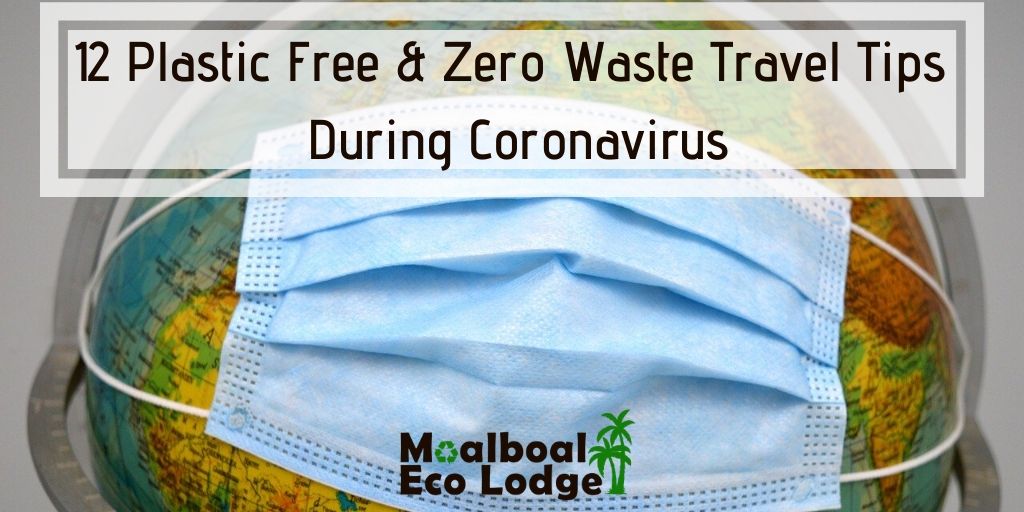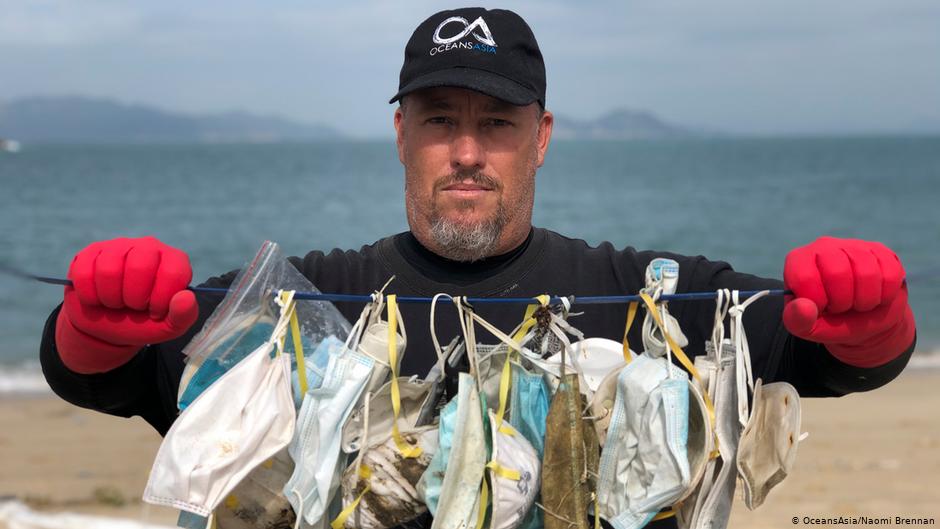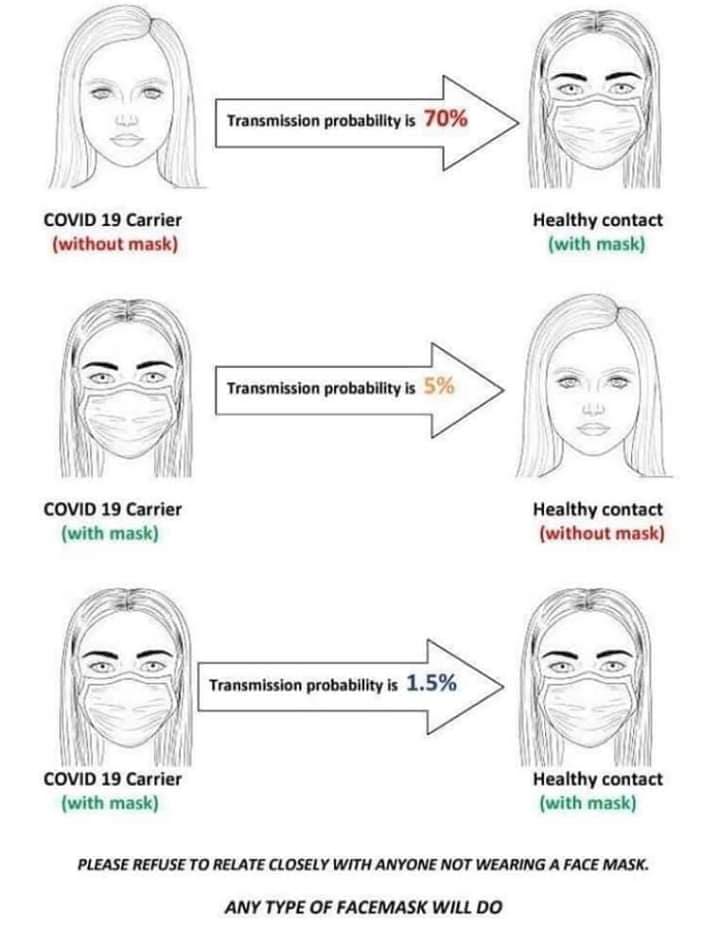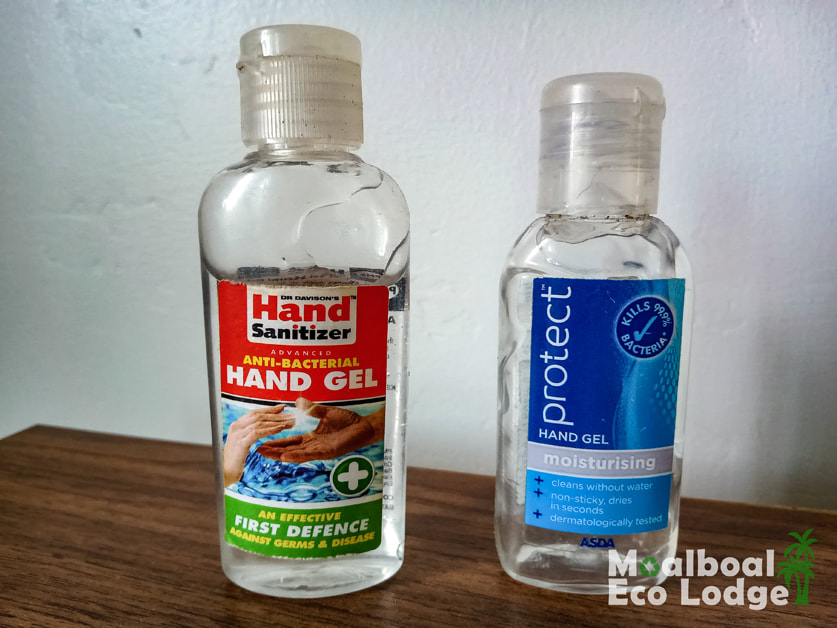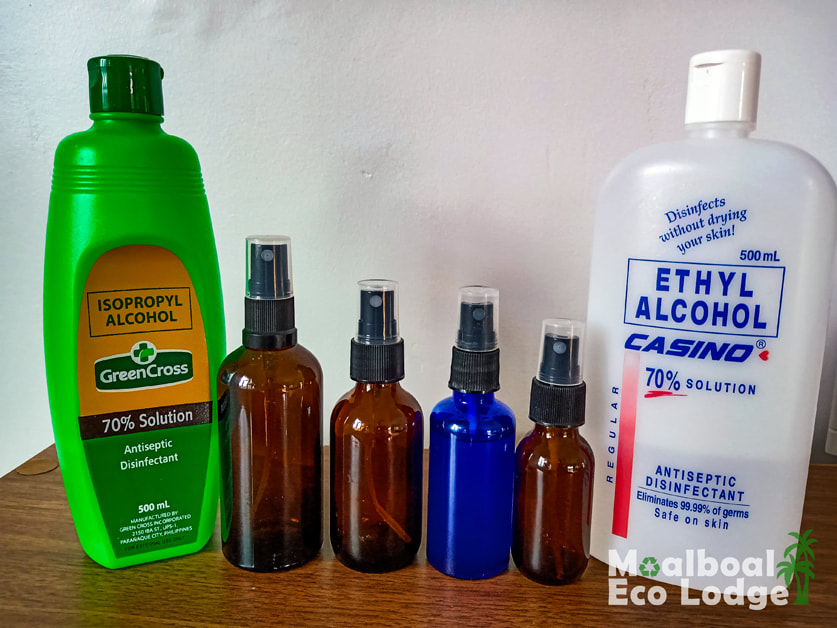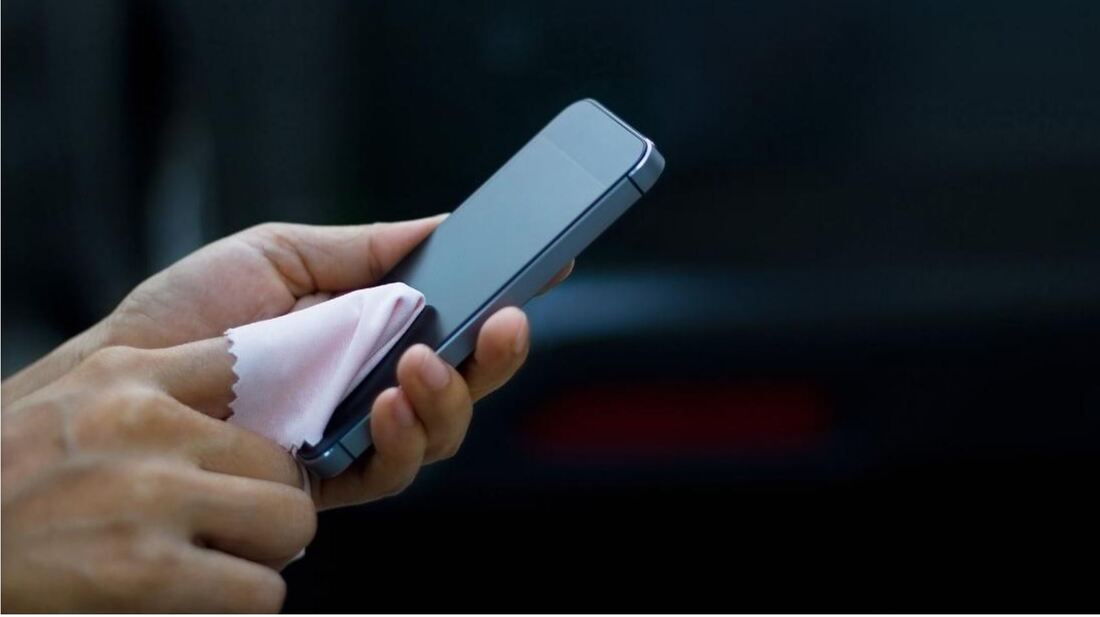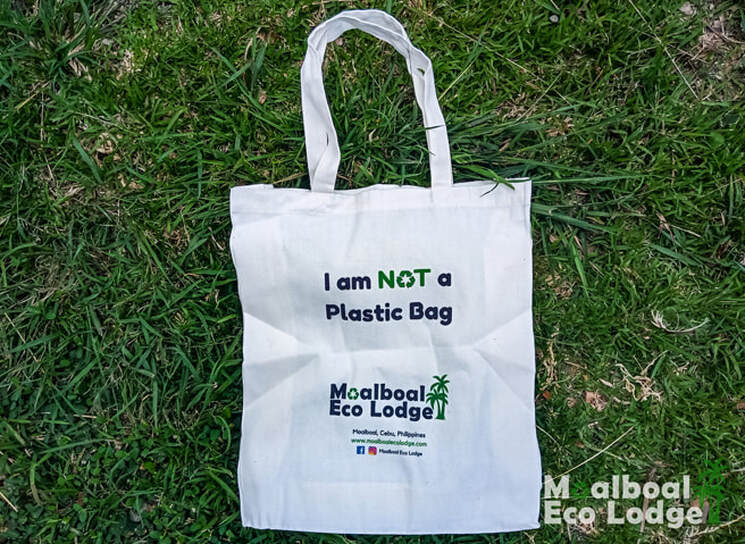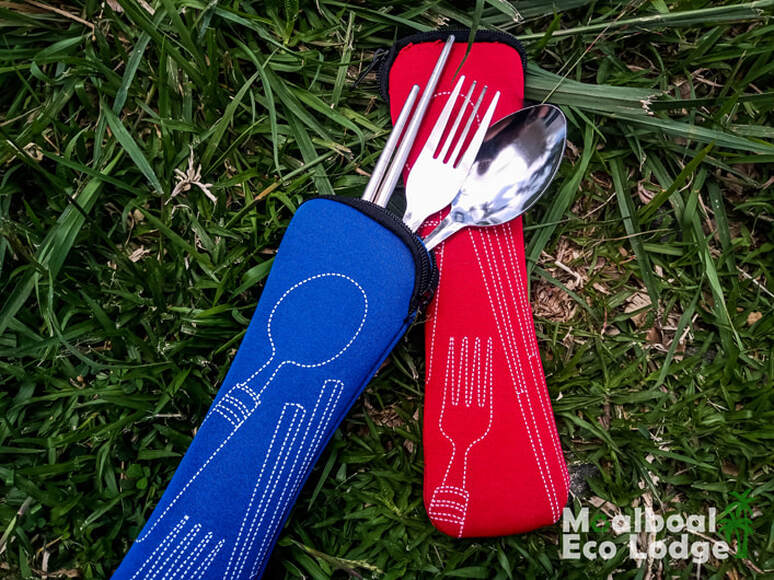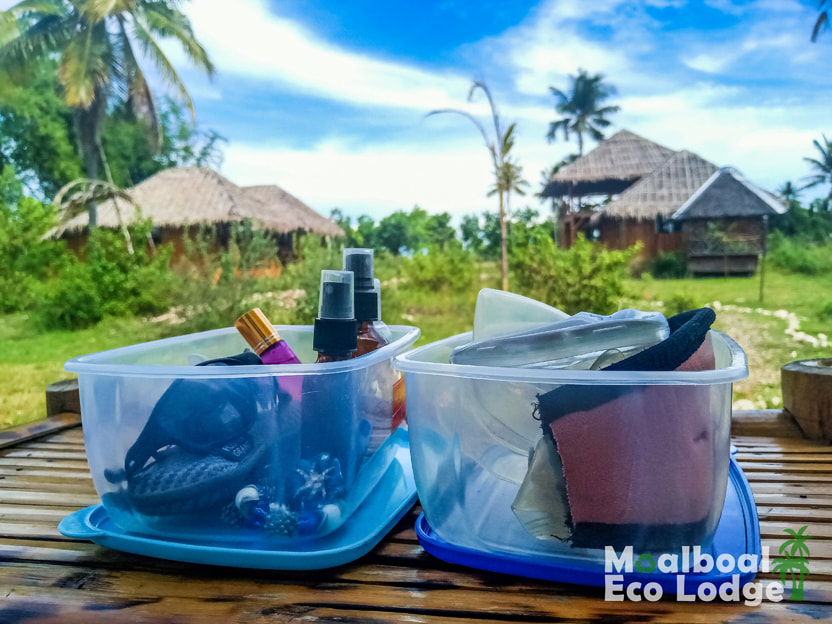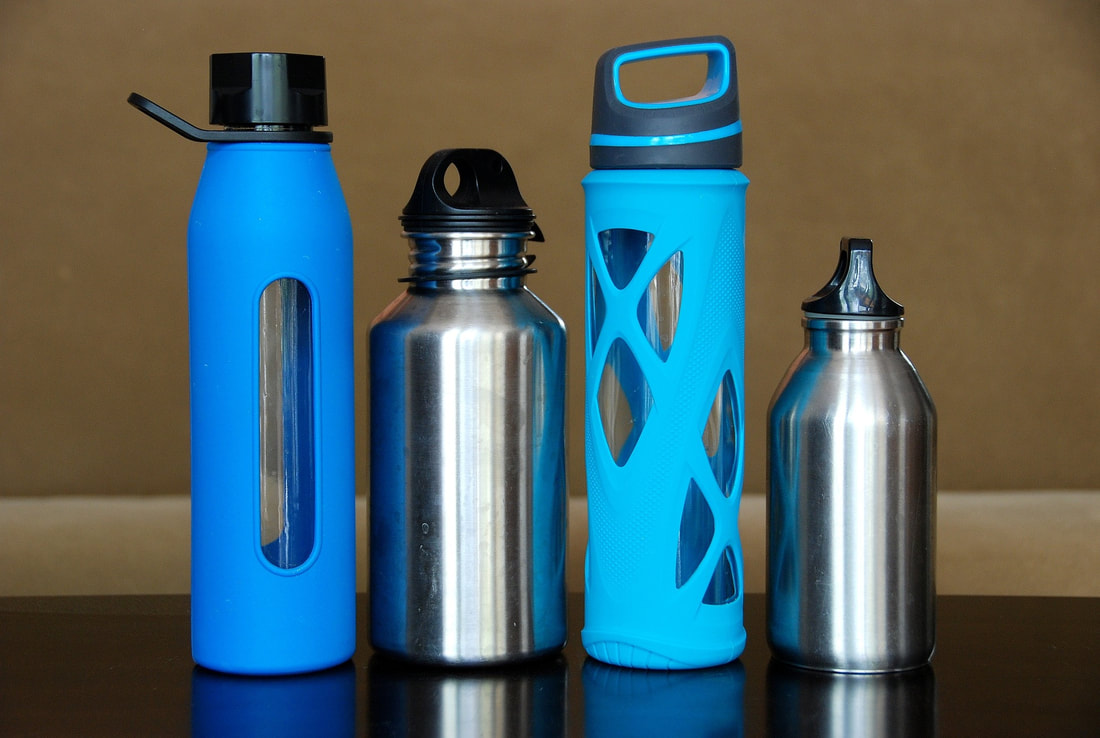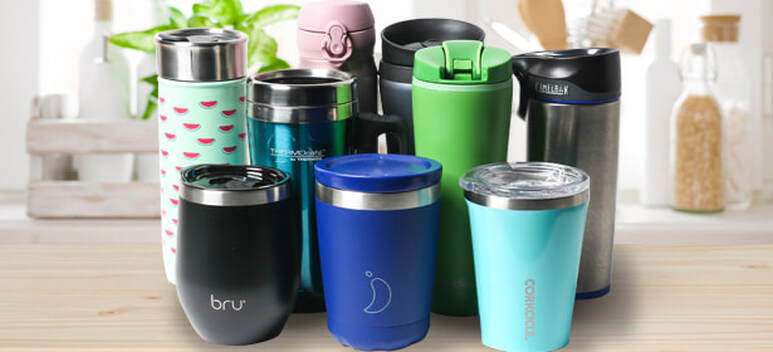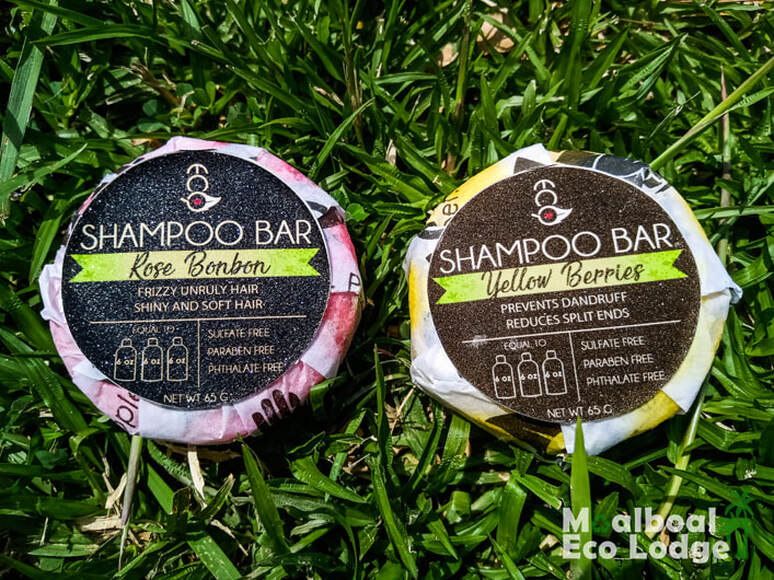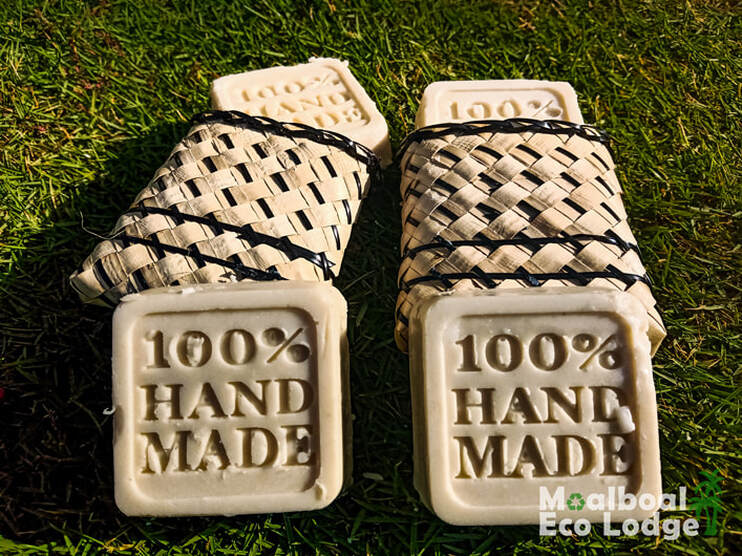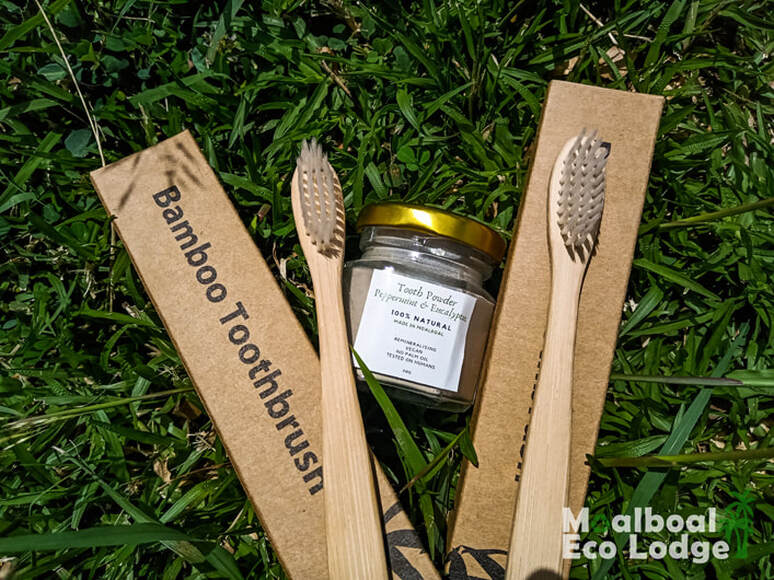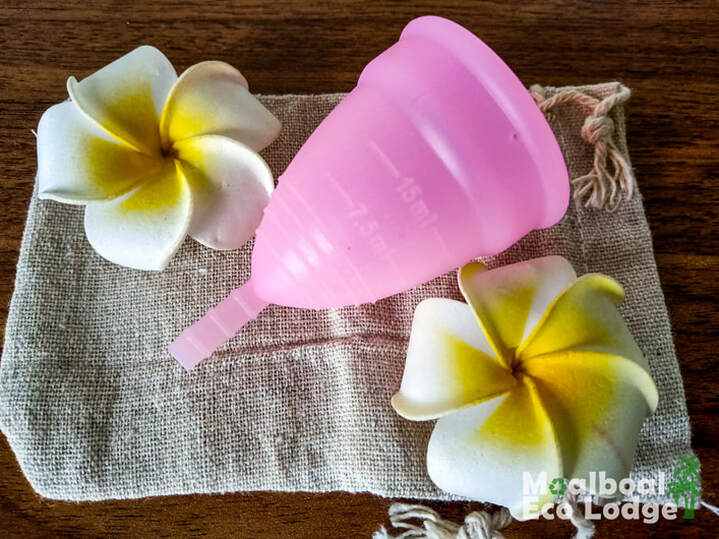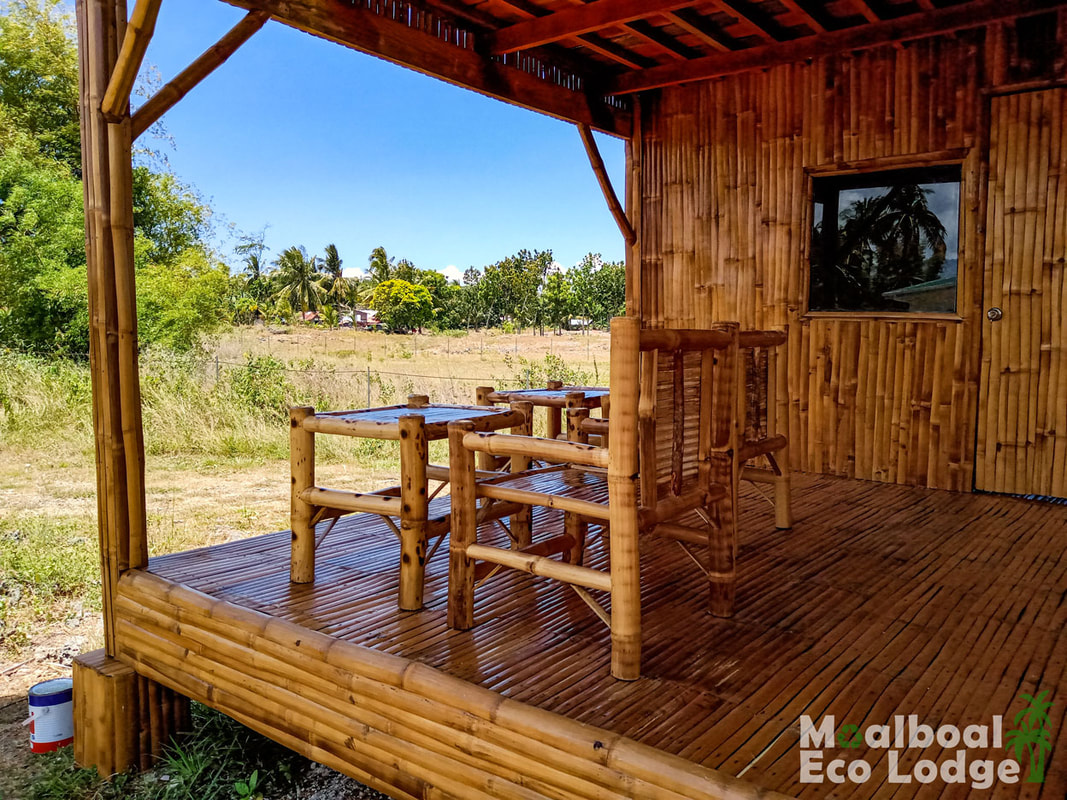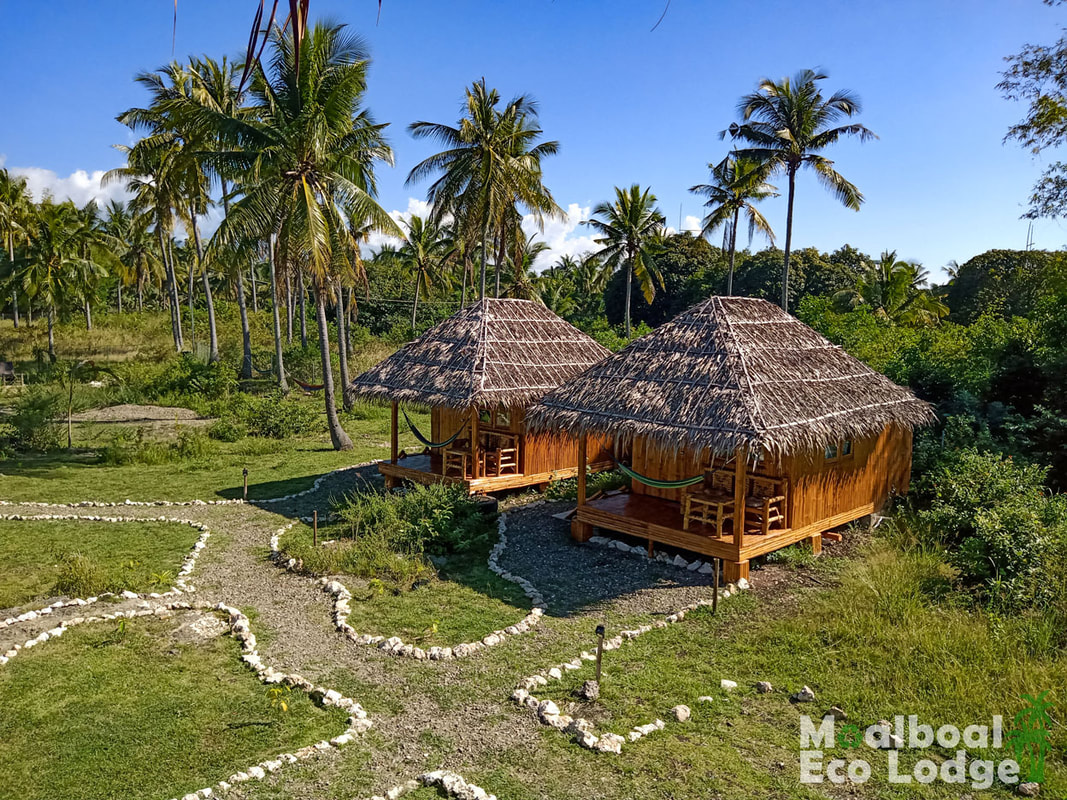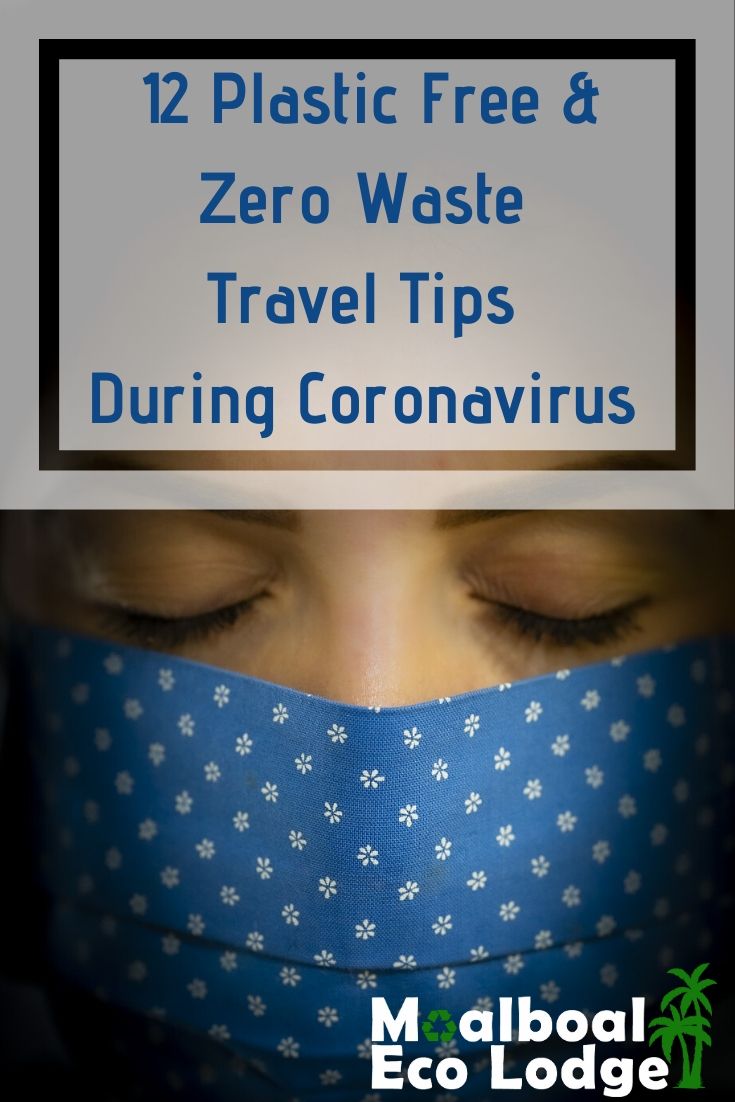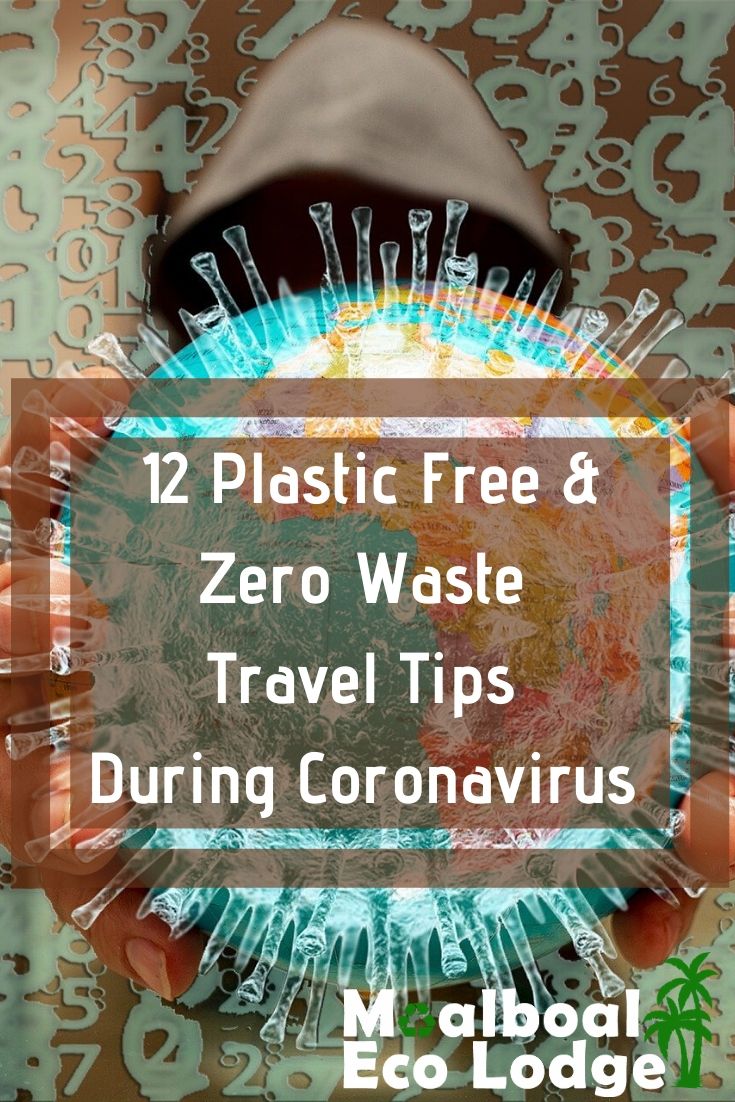|
As travel resumes following the COVID-19 pandemic quarantine and lockdowns, extra precautions will need to be taken. Living a “new normal” life will include more thought and preparation if we are to remain safe and healthy, but it shouldn’t be at the expense of our planet.
Single use face masks, small hand sanitiser bottles, latex gloves, polystyrene take-out containers, plastic bags – it’s already polluting our planet and having catastrophic effects on the war against single use plastic. Disposable masks and gloves have been found on beaches which are washed into the ocean during high tide, and have been discovered littering nature trails, park-lands and green areas. Sustainable practices often take a back seat in times of crisis, but for people who wish to travel responsibly, we have to continue fighting. Until a vaccine is found we will all be living with the threat of COVID-19, but staying safe during Coronavirus doesn't mean more plastic. The way forward is not to disregard all we have learnt about zero waste and using less single use plastics, but to continue with the good practices already in place. YES YOU CAN BE PLASTIC FREE AND ZERO WASTE DURING THE CORONAVIRUS PANDEMIC. Moalboal Eco Lodge want to help you travel eco-friendly after COVID-19 quarantines, so here are our 12 plastic free and zero waste travel tips during Coronavirus.
Although there has been evidence our planet’s health improved during the lockdowns; less air pollution from planes, industry and cars; waterways are cleaner and clearer, sadly, the world’s plastic pollution problem has increased. To travel plastic free during Coronavirus, we do not have to compromise our health and safety.
Moalboal Eco Lodge have devised this list of 12 plastic free tips. The first six items are mandatory under the “new normal”, to keep you safe following COVID-19 lockdown. The second six items should be a permanent switch if you wish to live and travel a plastic free lifestyle, but they are also aimed at helping you be more zero waste. Learning to have a zero waste mindset will ensure you travel more sustainably and responsibly in countries that do not have adequate waste management systems, or little to no recycling facilities.
1. Washable, Reusable Cloth Face Mask
A face mask is a mandatory item when we travel post-Coronavirus quarantine. You will undoubtedly encounter “No Mask, No Entry” signs, but please do not use a plastic surgical mask. The Centers for Disease Control and Prevention have stated a cloth mask made from household items will protect you just as much as a disposable plastic surgical mask. There are reports of a massive increase in single use masks found on beaches in Hong Kong, and these scenes are echoed all around the world. Gary Stokes, founder of environmental group Oceans Asia stated “We only have had masks for the last six to eight weeks, in a massive volume ... we are now seeing the effect on the environment”
2. Hand Sanitiser – Make your Own
An alcohol based hand sanitiser is essential, and must be carried with you at all times. Use it immediately after you have touched anything. Opened a door? Sanitise. Handled cash? Sanitise. Used the toilet? Sanitise. Touched a supermarket trolley? Sanitise. However the small bottles we carry with us in our pocket or hand bag pollute the planet with single use plastics. The alternative is to save those bottles and make your own hand sanitiser. Pour 70% alcohol into an old hand sanitiser bottle or spray bottle and bingo – an eco-friendly solution to staying safe! Choose either Ethyl or Isopropyl which can be purchased in larger quantities such as litre or a gallon, and keep topping up your pocket bottle when empty. The spray is an excellent all-round option, because it can be used before you touch anything as well as after. When using public transport (buses, coaches, trains, planes, taxis, scooter hire etc), spray the following surfaces and wipe down with a tissue (dispose of the tissue correctly in a closed-lid bin) • Door handles • Armrests • Seatbelt • Food tray (which is good practice anyway) • Overhead lockers • Luggage handle (if a taxi driver, airport staff, coach driver etc have touched it) Do not use antibacterial sanitising wipes, because they are bad for the environment. They do not biodegrade and end up in landfill, so making your own antibacterial spray will do an equally good job at cleaning, is cheaper, will last longer and is more environmentally friendly.
Don’t forget to sanitise your phone/tablet/Mobile Device!
Mobile phones are used all day every day, as a "high touch" item, they are a walking germ. Studies have discovered on average, we touch our phones over 2,000 times a day, and that toilet seats are cleaner than your phone. As the Coronavirus can live on your device for days, we all need to lift our hygiene game. Use your home made alcohol sanitiser to clean your phone daily. Remove the phone from it's case then turn it off. Spray a small amount onto a soft lint-free micro-fibre cloth such as a camera lens cloth, then wipe. Never spray anything directly onto your phone. Make sure you don’t use too much, you want to wipe the phone not bath it, too much liquid could damage your phone. Now repeat this process on your phone case. If someone else has handled your mobile device, ie when checking in for a flight and your ticket is on your phone, sanitise it immediately. It's good hygienic practice to also wipe your laptop keyboard.
3. Canvas or Cloth Tote Bag
If you don’t already carry a canvas tote bag with you then start now! It’s an easy single use plastic switch and you can throw your tote bag into the wash after you have used it if you are concerned about the Coronavirus living on the fabric. Lobbyists for the plastic industry have used the pandemic to promote plastic bags as hygienic, however studies have shown the Coronavirus lives on clothing for up to two days, but on plastic it’s up to seven days. Don’t fall back into the plastic-bag trap, continue to use your canvas tote bag.
4. Reusable Cutlery Set
Carrying your own cutlery means you can eat any meal knowing your cutlery has been cleaned properly by you, plus it cuts down on single use plastic. Eating street food in Asia is delicious, but single use plastic cutlery is a big issue, so be green and use your own.
Visit our Eco Shop* for your plastic free,
zero waste, palm oil free products for use every day! (*10% from every purchase is donated to Moalboal Dog Rescue)
5. Tupperware containers
You may think this is a strange addition to an eco-friendly travel list but hear me out. If you want food from a restaurant but for some reason don’t feel comfortable dining in (maybe they are not observing social distancing, or there are more people seated than you would like), order your food to take out in your Tupperware container. A Tupperware container not only helps reduce single use plastics for take-out food, but they are perfect for storing small or breakable items when travelling. Alcohol hand sanitiser, jewellery, hair accessories, reading glasses, sunglasses, perfume bottles, your snorkelling/diving mask – they can all be stored in your Tupperware container. They are also good for carrying food and snacks on longer journeys. Some airlines may not be offering in-flight meals during Coronavirus, so take your own food in a Tupperware container to ensure you can eat!
6. Refillable Water Bottle
If you don’t have a travel mug which can double up as a water bottle, at the very least carry a refillable water bottle with you. You should be drinking 2-3 litres of water every day, especially in warmer climates, so this amounts to a lot of plastic bottles. Eco-friendly accommodation will have free water refill station, which is part of a movement to stop the plastic pollution of water bottles. You will find many free water refill stations when travelling, so this is why it’s important to have your own bottle to top up. It’s worth noting that when dining at a restaurant in the Philippines, if you ask for service water you will be given free filtered water – now there’s a good eco tip for you to remember!
7. Refillable Coffee Cup or Travel Mug
If you don’t already own a refillable coffee cup or travel mug but want to be a green traveller, this is a good investment! It will reduce your single use plastic consumption, and during the Coronavirus, you have the reassurance your mug has only been used by you. At a train station or airport and ordering a take-out coffee? Use your Travel mug. Ordering a hot drink in a restaurant? Pour it into your travel mug then use your alcohol spray on your hands. Unfortunately, some large coffee chains such as Starbucks have temporarily suspended filling reusable coffee cups, but this may not be the situation everywhere, and things will “go back to normal” soon and you can continue to use your refillable coffee cup.
8. Switch your shower products to bars
Switching your bathroom products to bars ticks so many boxes. You can have a combination of a shampoo bar which is a bar of soap and shampoo all in one, a conditioner bar which is just to condition your hair, a shampoo and conditioning bar which needs no explanation, and of course there is good old fashioned bar of soap. Whichever switch you make you will be reducing your single use plastic AND going zero waste! You can buy a canvas bag to carry it in which doubles up as a loofah/foamer. ✔ Reduces plastic usage ✔ Zero waste ✔ Less to carry (2-in-1) ✔ Not tested on animals ✔ Some are palm oil free (you need to check this) ✔ Doesn’t count towards you “carry on” liquids ✔ Take up less space and weigh less than plastic bottles
9. Ditch the deodorant stick and use a bar
Store bought deodorants are getting a bad rap recently – and rightly so. For women, the aluminium and parabens used in the product have been linked to breast cancer, and as your armpits are so close to your breasts, this is not good! Add to this that the majority are sold in a plastic container, contain palm oil and test on animals, you now have an every-day product that is the opposite of eco-friendly. Switching to a deodorant bar means you will be plastic free and zero waste. I like to ensure my deodorant bar doesn’t contain palm oil/glycerin, but if in doubt – ask! Note that you can buy deodorant bars with or without baking soda (the ingredient which absorbs sweat). Baking soda can react with your body’s PH levels so if you notice a small rash, choose one without baking soda.
10. Toothbrush and Toothpowder
Next time you buy a toothbrush, make sure it’s made of bamboo! It’s an easy switch to reduce your plastic usage. Switching your toothpaste is harder, but the planet will thank you. Most shop bought toothpastes such as Colgate are tested on animals, contain palm oil, and are sold in plastic tubes – lots of no’s here for me (I’m looking at you Unilever!) Toothpowder may take a bit of getting used to, but you don’t need it to be white and foamy for it to clean your teeth, this is just marketing/advertising that has made us believe it.
11. Women’s “time”
Not all countries have sanitary products, and if you use them, they do not biodegrade. Switch your sanitary products to a menstrual/moon cup. Everyone’s talking about it! They are used over and over so you are supporting zero waste, and people who have made the change wish they had done it sooner. Be that person! If you don’t feel comfortable with the menstrual cup, try reusable cloths pad which you just wash and reuse.
12. Choose eco-friendly accommodation
To help you with plastic free initiatives, make sure you choose eco-friendly accommodation. When you travel to a new place, you’re a guest in their home; whether you are visiting a new Town, City or new Country, it’s respectful to look after the place as if you were a guest in a friend’s house. By choosing sustainable accommodation which have environmental initiatives, you will be helping the place you are visiting. Look for a place which works with local tour operators as a way of giving back to the local economy, somewhere which have green modes of transport to help you get about, can educate you on eco-tourism and what activities are good/bad for the area, free water refill stations, plastic-free bathroom soaps, reusable straws in their drinks and locally sourced breakfast/food items.
Where to stay if you’re visiting Moalboal, Cebu
Moalboal Eco Lodge is the perfect place to stay if you love nature, wish to be close to amenities, but value a good night's sleep. Nestled in amongst palm trees, bamboo and coconut trees, Moalboal Eco Lodge have Bamboo Nipa Huts suitable for solo travellers, couples and friends. There are private rooms and a spacious 4-bed dormitory. Bicycles are for hire if you wish to slow travel in the most environmentally friendly way, or you can rent a scooter. Visit our Eco Shop* for your plastic free, zero waste, palm oil free products for use every day! (*10% from every purchase is donated to Moalboal Dog Rescue)
For help regarding travel and Visa requirements, visit our Travel Information page
Heading to the Philippines? Check out these related posts!
Bucket List Ideas and Experiences in the Philippines Is Oslob Whale Shark Watching Ethical? Swimming with Sardines in Moalboal Must-Try Filipino Foods Jeepney Street Art in Moalboal 28 Things to Do in Moalboal, Cebu Things You Should Know Before Visiting The Philippines Fun Facts About The Philippines Pin this post for future reference!
0 Comments
Your comment will be posted after it is approved.
Leave a Reply. |
Archives
October 2023
Categories
All
|

